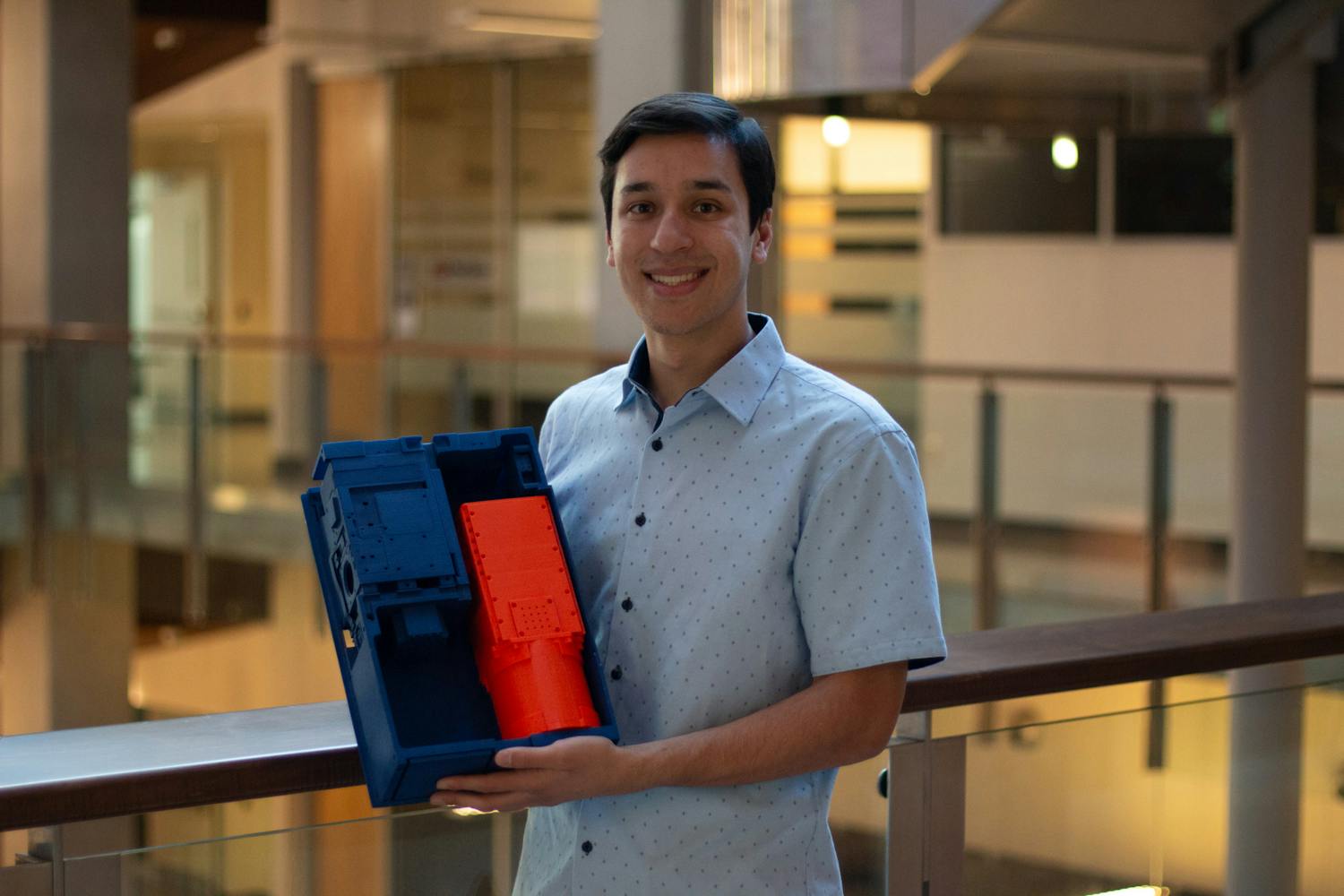Liberal arts survey classes stink.
It's not only that lower-level classes are taught by the semiqualified and attended by people who'd rather not be there. The true disaster is that many students are fooled into believing that introductory classes accurately represent their respective disciplines.
Because of this, the humanities - among them, philosophy, history, literature, cultural studies and religious studies - are imagined to be plodding, arcane things concerned with stuffing pupils with facts. Few things could be further from the truth.
The pursuit of the liberal arts and humanities is absurdly practical and shockingly important. Far from being the territory of a few intellectuals content to live forever inside the bars of the University, the liberal arts are an ideal path for every college student.
This only became clear to me recently. As an underclassman, I experienced pangs of jealousy when I'd see a suit-clad business student going about campus, confidently striding from one important presentation to another. "There," I would dismally sigh, "is someone who's doing something useful with their education."
Staring down at the cement, I would trudge home to write an essay on medieval Russian folk religion.
But my upper-level work, particularly my 140-page bear of a history thesis, taught me otherwise. The harrowing process of writing a thesis, helped along by caffeine and alcohol, can be compared to carefully critiquing each person in a sea of dancers and then being shoved out onto the dance floor and forced to participate, all on pain of death.
I learned how to quickly grasp others' arguments - to be my own Sparknotes - and to sift through their rhetoric to discover holes in their thinking. And then, as I juggled those understandings, I had to eloquently and competently advance my own theories.
These skills of evaluation and expression have served me well in the "real world" of work. Though I still don't own a suit, I now consider the "me" of those essay-writing years to have been a sort of business student in a faded "Futurama" T-shirt and scuffed Vans.
But the study of humanities is more than a job-skills coach; it's a spirituality. It's a religion for the religionless. What it lacks in doctrine is makes up for in its expansive canon: all good books.
Good writing jars us out of complacency. Franz Kafka wrote, "If the book we are reading does not wake us, as with a fist hammering on our skull, why then do we read it?"
Sometimes a book will come from nowhere - Martin Buber's "I and Thou," for instance - and knock you into a foreign world, forcing you to re-evaluate your life. Liberal arts followers know this and seek it out.
But the humanities' ultimate focus is not in books but in the people whom books expose. Liberal arts hold the affairs of people to be almost sacred and worthy of meditation.
This devotion leads to the liberal arts student's ultimate calling: saving the world. And, surprisingly, their studies equip practitioners to do that through the empathy that naturally arises in their reading.
By curling themselves around books written both by the oppressed and the ruling, by digging into arguments from every ideology, humanities students are trained to consider others through their own perspectives and to understand life from many angles.
To overstate the situation a little, without the humanities, people die. Genocides happen. Big, awful situations develop because opposing sides demonize each other.
Of course, a liberal arts education can be found outside the University. The study of humanity is open for anyone who can carve out the time to love good books and open himself or herself to new learning.
There is nothing wrong with the sciences or with fine arts. There is (arguably) nothing wrong with business or communication. But they are incomplete without the study of humanity perfected in the liberal arts.
Saving the world, finding ultimate significance and making a few bucks in the process. What could be a better education than that?
Brandon Hendrickson was, unsurprisingly, a student of history and religious studies. After five long years of dissatisfaction, he's finally (mostly) happy with his undergraduate education. He can be reached at Brandon.Hendrickson@asu.edu.



